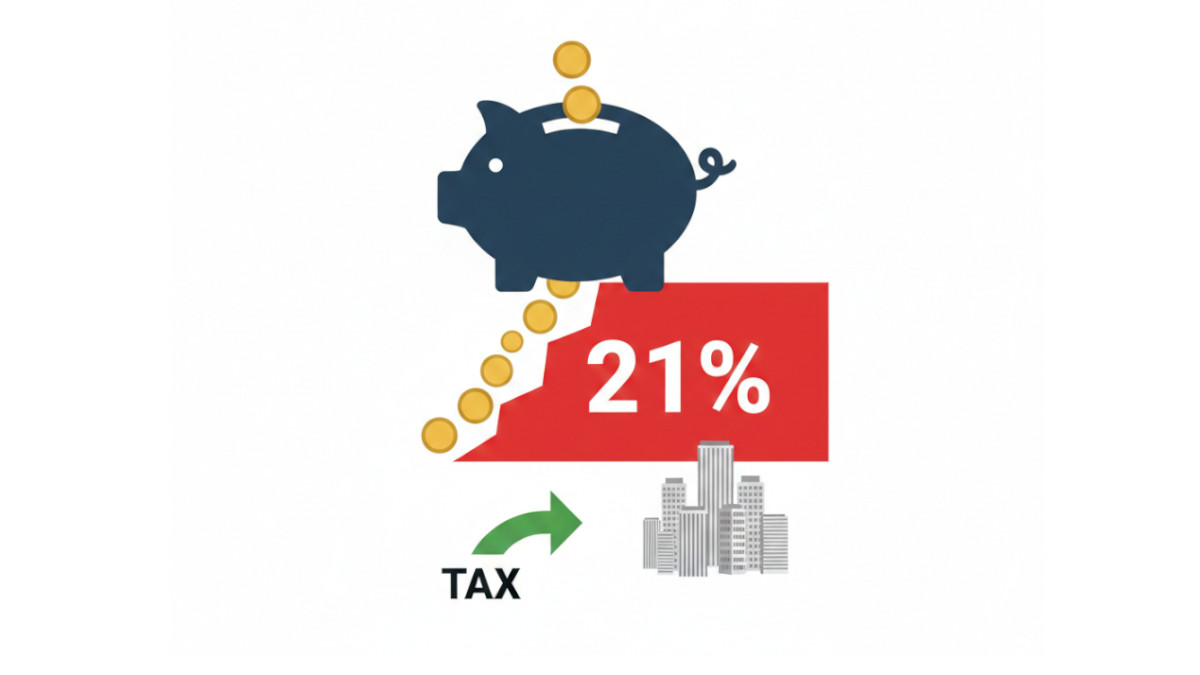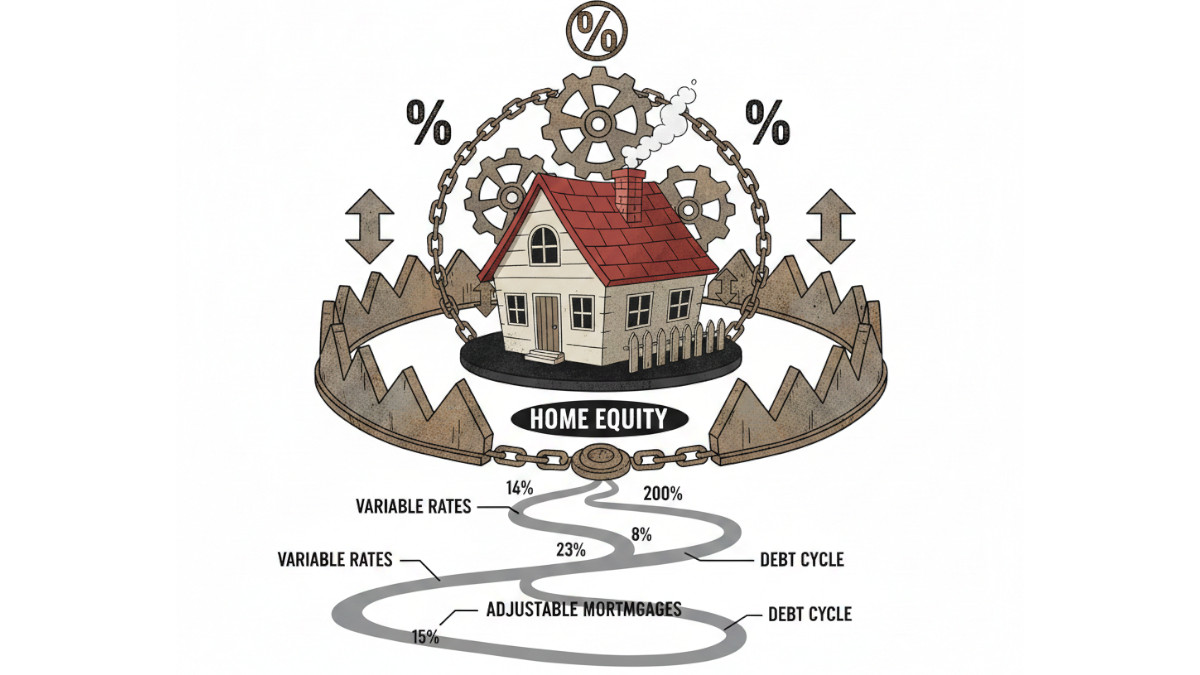Is Philip Morris Still a Buy?

Philip Morris International (PM) shares have gained 20.8% over the past three months, outperforming the Zacks Tobacco industry (18.8%) and the Consumer Discretionary sector (8.3%).
However, PM shares have lagged the S&P 500 (26.4%) over the same period.
Among big tobacco companies, PM has:
- Outperformed Altria Group, which has gained just 9.2%,
- But has lagged Turning Point Brands (34%) and British American Tobacco (24.3%).
PM shares are trading above their 50-day and 200-day simple moving averages, indicating strong technical momentum and a bullish long-term trend.
What’s Driving Philip Morris’s Rally?
Philip Morris' stock gains were driven by a strong first quarter. The company reported adjusted earnings per share of $1.69 and double-digit growth in organic revenue and operating profit. The results certainly strengthened investor confidence in Philip Morris to execute its long-term strategy despite regulatory challenges. Key to this growth was the company's growth in smoke-free products. These products now account for 44% of total gross profit. Shipments of smoke-free items increased 14.4%, driven by strong demand for:
- ZYN nicotine pouches in the United States
- IQOS heated tobacco in Japan and Europe
- Growing sales of VEEV e-vapor devices
Importantly, the smokeless segment's organic gross margin exceeded 70%, which might be a signal of moving away from traditional cigarettes.
Cost Savings and Growth Potential
Philip Morris also made significant progress in improving cost efficiency. In the first quarter, the company saved more than $180 million in manufacturing and selling, general, and administrative (SG&A) expenses. This puts Philip Morris on track to achieve its goal of saving $2 billion between 2024 and 2026. The margin improvement during the quarter reflects both these savings and continued investment in smoke-free product development.
Management recently raised its full-year adjusted earnings guidance to a range of $7.36 to $7.49 per share, implying growth of 12% to 14% in dollar terms. The company expects smoke-free sales to continue to grow as it expands ZYN manufacturing capacity, expands distribution, and introduces new innovative products.
Philip Morris Potential Risks
Despite these positives, some risks may limit PM’s upside in the near term:
- The ban on the use of distinctive flavourings in Europe is affecting sales of smoke-free products, slowing growth in key markets.
- First-quarter results worsen because of an adjusted EPS loss of 7 cents per share due to unfavorable currency movements, particularly transaction losses. Overall, currency movements reduced EPS growth by approximately 3.9 percentage points.
- PM shares trade at 22.6x, which is higher than the industry average of 15.27x, suggesting the stock may be overvalued. Other tobacco stocks trade at lower multiples: Altria at 10.92x, Turning Point Brands at 20.48x, and British American Tobacco at 10.35x.
Note: PM could be overvaluated compared to fundamentals.
How Should Investors Approach Philip Morris Stock?
Philip Morris has a strong position as a leader in reduced-risk nicotine products, with strong results in expanding the IQOS, ZYN and VEEV product lines.
Long-term investors should consider holding Philip Morris shares while monitoring regulatory changes and currency trends that could impact earnings. New investors should wait for pullback or clearer signs of sustainable earnings growth.







